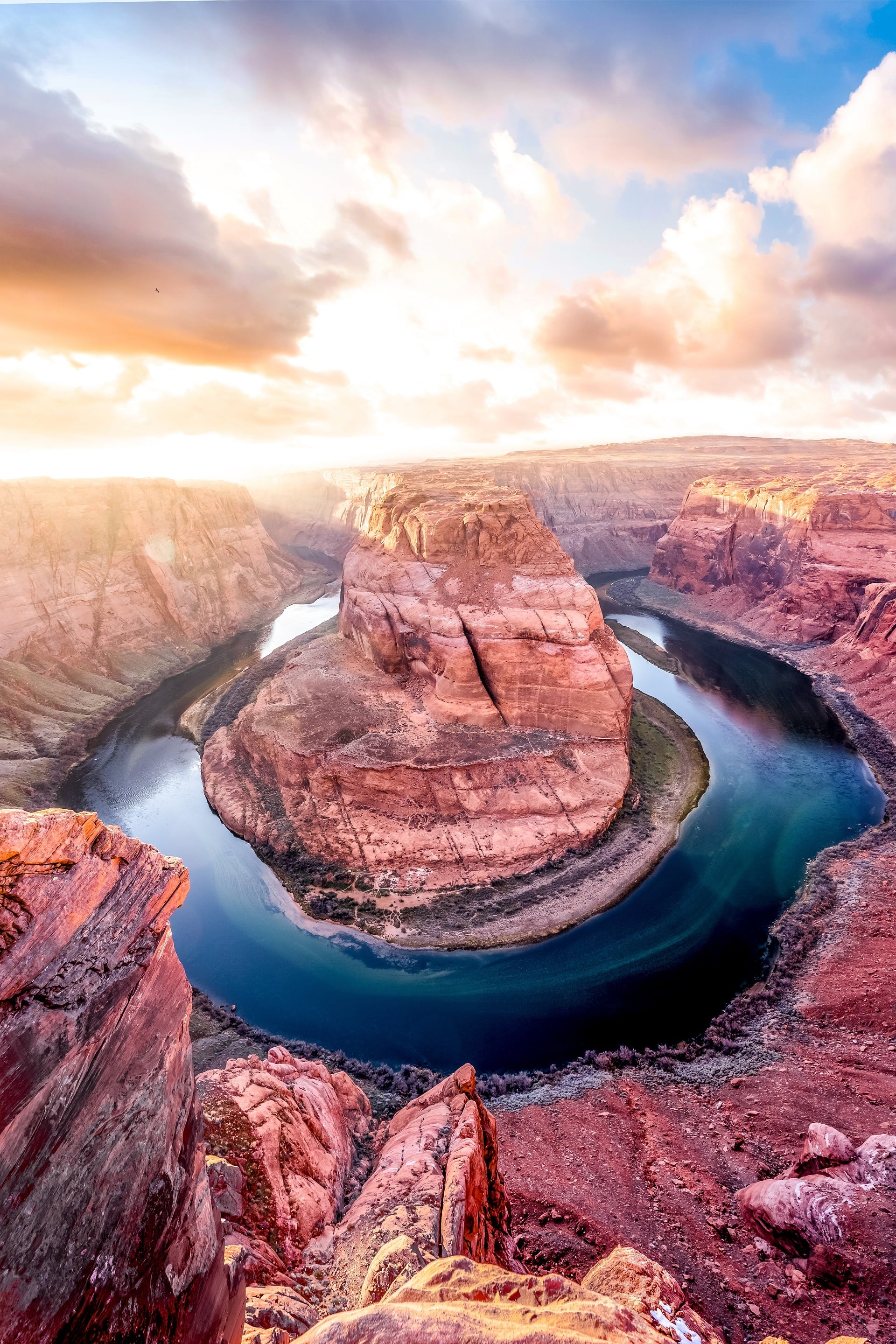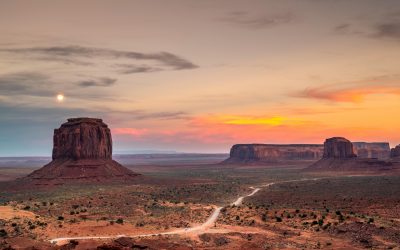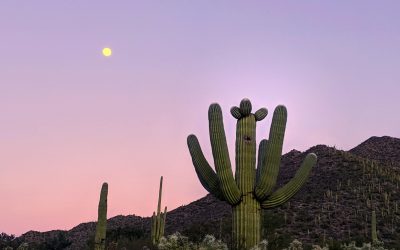Welcome to the sun-soaked city of Tucson, Arizona, where the vibrant culture and community spirit make it a unique place to call home. If you’re asking yourself, “is Tucson, Arizona a good place to live?”, you’re in the right place to find out. Nestled in the heart of the Sonoran Desert, Tucson boasts over 300 days of sunshine each year, providing its residents with ample opportunity to explore the great outdoors and enjoy a range of recreational activities.
Tucson’s living experience is characterized by its blend of modern amenities and rich cultural heritage. From the bustling downtown filled with eclectic dining and entertainment options to the serene landscapes of nearby national parks, this city offers a balanced lifestyle that caters to a variety of preferences. The cost of living in Tucson is another attractive feature, often being more affordable compared to other major cities in the Southwest.
Whether you’re a young professional, a growing family, or a retiree, Tucson’s welcoming atmosphere and diverse community provide the perfect backdrop for building a life filled with memorable experiences.
To delve deeper into what makes Tucson an ideal place to live, visit our website to learn more and get started today! Click here.
Tucson’s Weather and Natural Beauty

One of the most enchanting aspects of Tucson is its year-round warm climate and the natural beauty that surrounds the city. The weather in Tucson is typically characterized by mild winters and warm to hot summers, with the average high temperatures ranging from the mid-60s in the cooler months to over 100 degrees during peak summer. This climate is perfect for those who thrive in sunny conditions and enjoy an active lifestyle outdoors.
The city is a haven for nature enthusiasts with its stunning landscapes that include rolling hills, expansive deserts, and impressive mountain ranges. Saguaro National Park, named after the iconic cactus that dots the region, offers miles of hiking trails, scenic drives, and opportunities for wildlife viewing. The majestic Santa Catalina Mountains to the north provide a cooler retreat and panoramic views that are especially breathtaking at sunset.
Residents and visitors alike are drawn to the picturesque beauty of places like Sabino Canyon and the Tucson Botanical Gardens, where the region’s flora and fauna can be appreciated up close. The clear skies of Tucson also make it one of the best stargazing destinations in the country, with several observatories open to the public, including the famous Kitt Peak National Observatory.
The natural splendor of Tucson is not only a feast for the eyes but also contributes to the city’s reputation as a place where one can find tranquility and a deep connection to the environment.
Cost of Living in Tucson, Arizona

When considering is Tucson, Arizona a good place to live, the cost of living is a crucial factor. Tucson is known for being more affordable than many other cities in the United States, particularly when compared to larger metropolitan areas. Housing costs in Tucson are notably lower than the national average, which allows for a variety of living options, from cozy apartments to spacious single-family homes, without the steep price tag often found in other cities.
Utilities and transportation expenses also tend to be reasonable, although the city’s reliance on cars may slightly increase transportation costs for those commuting longer distances. Groceries and healthcare services are competitively priced as well, contributing to the overall affordability of Tucson living. Additionally, Arizona’s lower tax burden is a financial incentive that appeals to many residents, particularly retirees.
Despite its affordability, it’s important to note that wages in Tucson can be lower than other parts of the country, which may balance out the lower cost of living. Nevertheless, for those seeking a balance between a reasonable cost of living and a high quality of life, Tucson offers a compelling option. The city’s affordability paired with its rich cultural tapestry and abundance of natural attractions presents an alluring proposition for individuals and families alike.
Overall, Tucson’s cost of living is a significant draw for many looking to relocate, making it a desirable destination for those who wish to enjoy the Southwest lifestyle without breaking the bank.
Education and Employment Opportunities
One of the pillars that contribute to the allure of Tucson as a potential home is its robust education system and diverse employment landscape. Anchored by the University of Arizona, one of the state’s premier institutions for higher education, Tucson is a hub for academic pursuit and research innovation. The university, along with other colleges, provides a continuous influx of young talent and a variety of educational opportunities for all ages.
Beyond its academic institutions, Tucson is also home to a flourishing job market. The city’s economy is bolstered by industries such as aerospace and defense, technology, and healthcare. Major employers like Raytheon Missiles & Defense, Davis-Monthan Air Force Base, and Banner Health contribute to a stable employment environment. Additionally, the burgeoning tech scene is attracting startups and new ventures, offering opportunities for those looking to participate in a dynamic and evolving sector.
For families considering relocation, Tucson’s primary and secondary schools offer a range of educational environments, including public, charter, and private options. The presence of specialized schools and programs catering to various interests and abilities ensures that students can find a path that aligns with their educational goals.
Whether you’re a student seeking higher education, a professional pursuing career growth, or a family focused on quality schooling for children, Tucson’s educational and employment opportunities are compelling components that underscore the city’s potential as a thriving place to live and work.
Cultural Hotspots and Recreational Activities

Tucson’s rich tapestry is vividly colored by its cultural hotspots and an array of recreational activities that cater to all ages and interests. The city is a treasure trove for those who appreciate the arts, history, and the great outdoors. Cultural enthusiasts will revel in Tucson’s vibrant arts scene, with venues like the Tucson Museum of Art and the historic Fox Tucson Theatre offering a glimpse into both the local and international art worlds.
For history buffs, the Mission San Xavier del Bac stands as an awe-inspiring testament to Tucson’s Spanish colonial past, while the Arizona-Sonora Desert Museum provides an interactive experience, blending elements of a zoo, botanical garden, and art gallery to celebrate the region’s natural beauty and wildlife.
Recreational pursuits in Tucson are just as diverse. The city is encircled by five mountain ranges, making it a haven for outdoor enthusiasts. Hiking, biking, and rock climbing are popular activities that residents enjoy amidst the stunning Sonoran Desert landscape. Tucson’s many parks and green spaces, such as Saguaro National Park and Sabino Canyon, offer opportunities for family picnics, bird watching, and nature walks.
The local culinary scene also adds to Tucson’s cultural richness, with an emphasis on Southwestern flavors. As the first city in the United States to be designated a UNESCO City of Gastronomy, Tucson’s food landscape includes everything from food festivals to farmers’ markets, bringing the community together to celebrate and indulge in local cuisine.
In essence, Tucson’s blend of cultural hotspots and recreational activities creates a dynamic and engaging environment, making it an attractive destination for those seeking a lifestyle that balances urban amenities with outdoor living.
The Pros and Cons of Tucson Living

When considering is Tucson, Arizona a good place to live, it’s essential to weigh both the advantages and drawbacks. On the plus side, residents enjoy more than 300 days of sunshine per year, ideal for those seeking an active, outdoor lifestyle. The cost of living in Tucson is also generally lower than the national average, with affordable housing options available across the city.
Moreover, Tucson’s close-knit communities and diverse cultural landscape provide a sense of belonging and enrichment. Educational opportunities are plentiful, anchored by the University of Arizona, which contributes to the city’s vibrant energy and innovative spirit.
However, Tucson is not without its challenges. The heat can be intense, particularly in the summer months, which might be a deterrent for some. While the city has made strides in public transportation, a car is still necessary for most residents to navigate effectively. Additionally, job growth has been slower compared to other metropolitan areas, which may impact those seeking employment.
In conclusion, Tucson offers a lifestyle that many find rewarding, with its blend of cultural diversity, educational opportunities, and outdoor recreation. Still, potential residents should consider their personal needs and preferences when evaluating is Tucson, Arizona a good place to live. For those intrigued by what Tucson has to offer, a deeper look into this desert gem is warranted.
Visit our website to learn more and get started today! Click here.






0 Comments